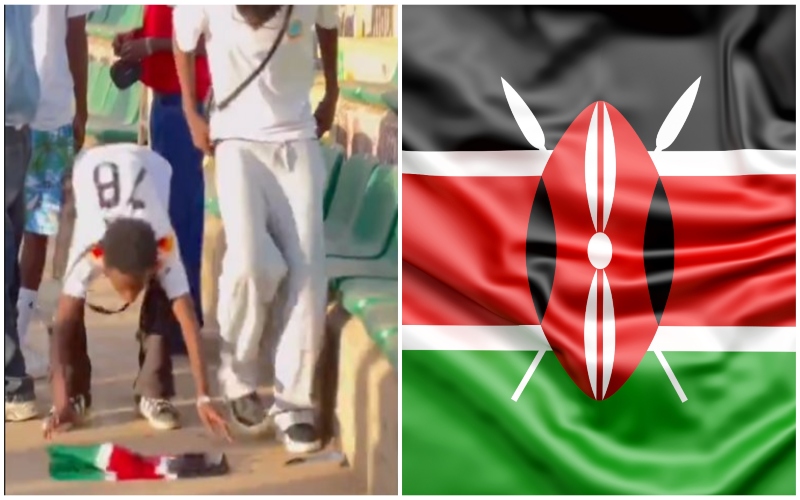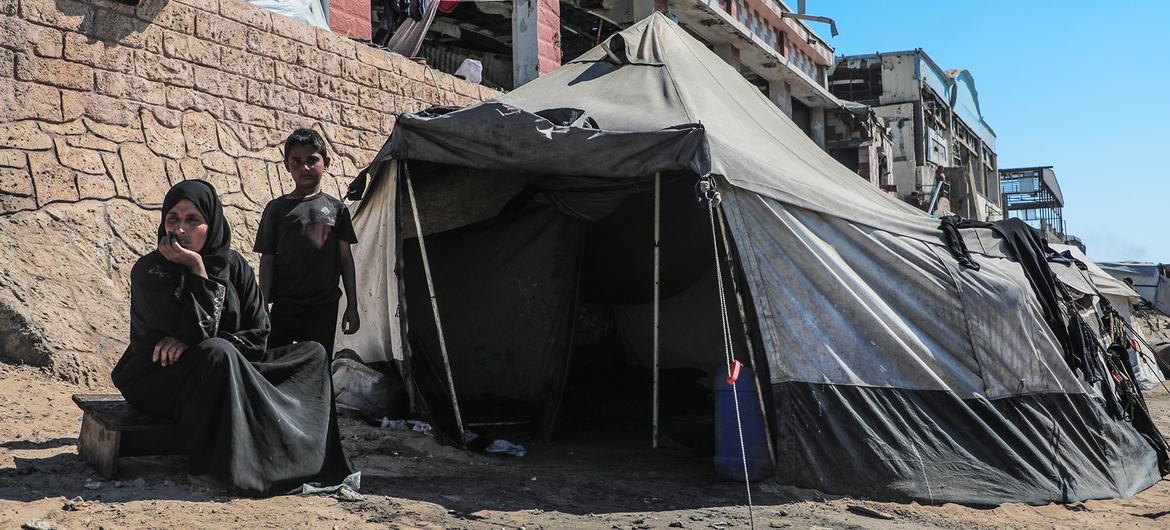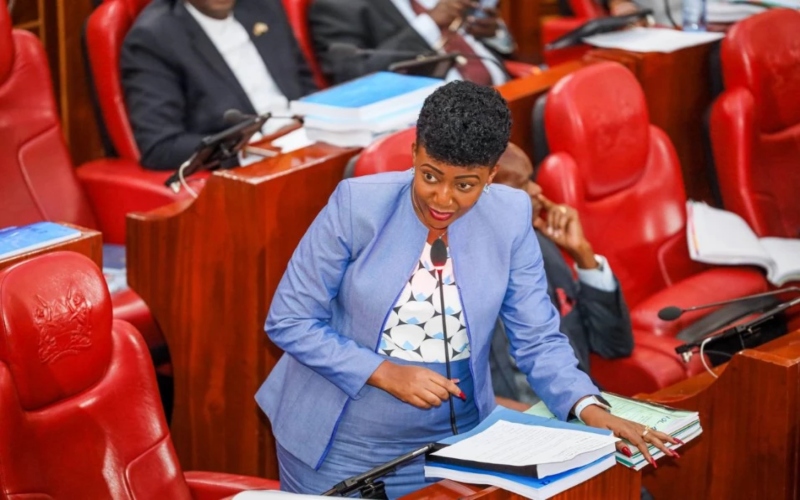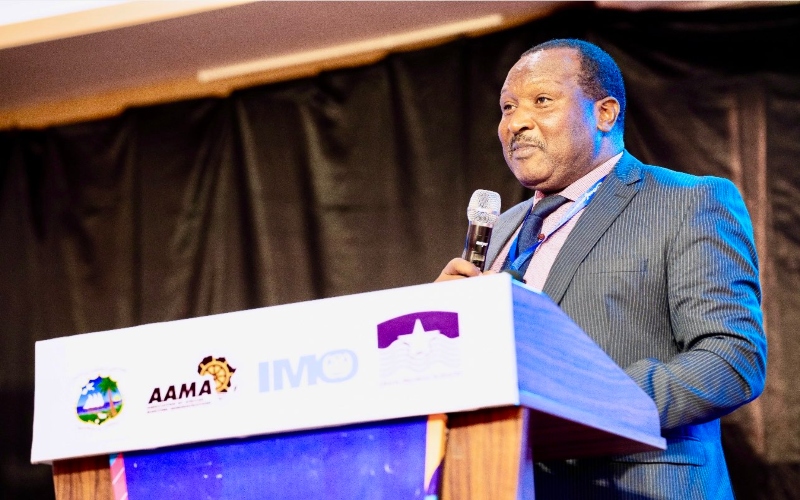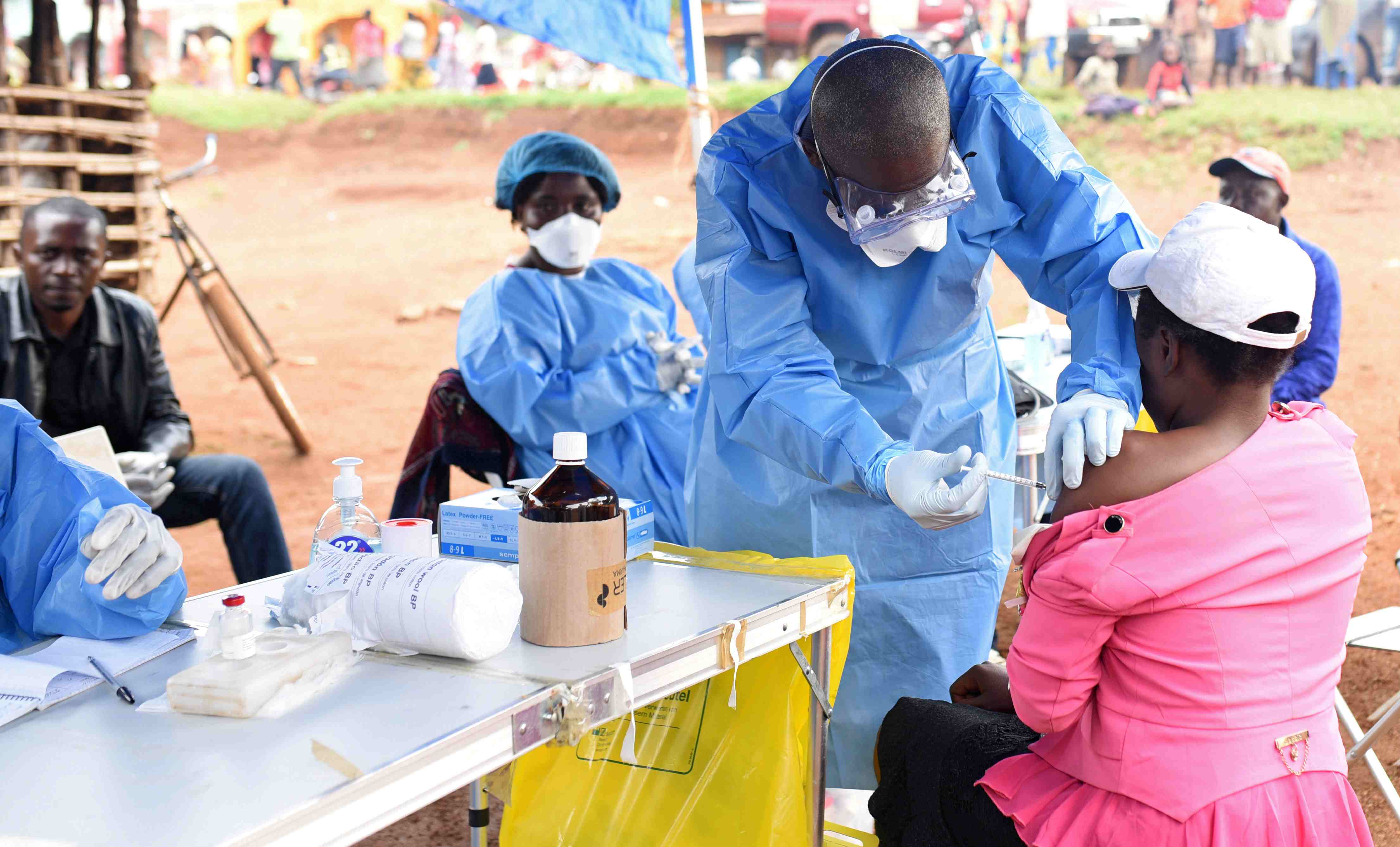African scientists warn of rising threats from malaria, dengue fever
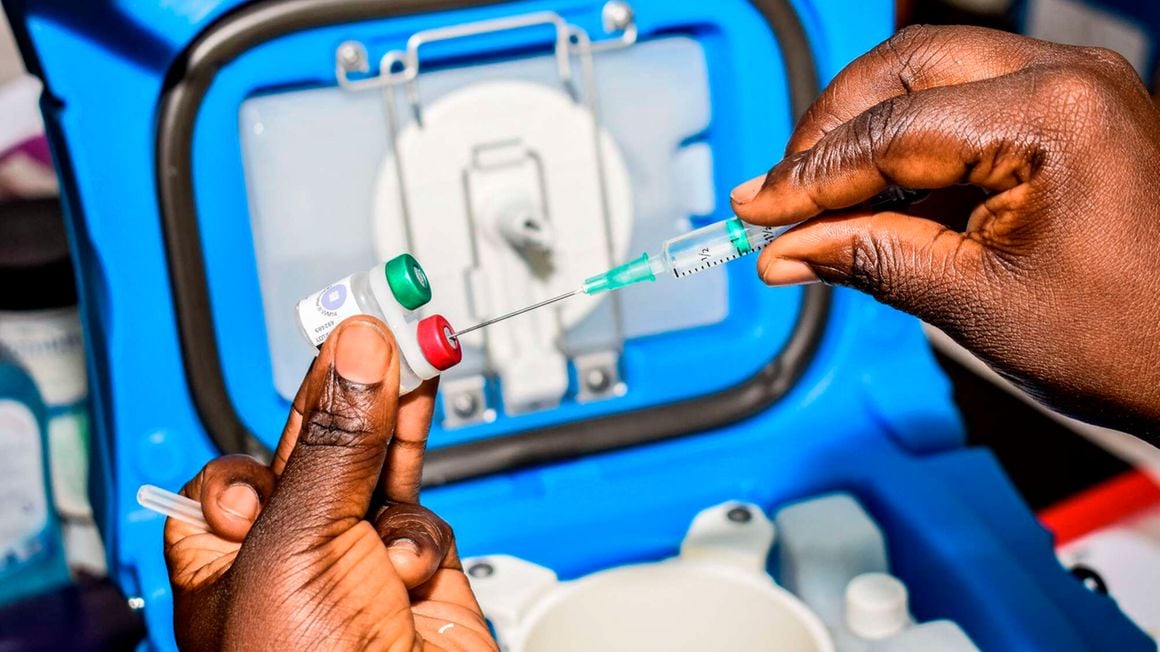
The African continent is experiencing a surge in mosquito-borne infections, including malaria and dengue fever, placing immense pressure on public health systems.
Despite the World Health Organisation's approval of two malaria vaccines, malaria and dengue fever continue to present significant threats. African scientists are raising concerns about the rising prevalence of mosquito-borne diseases, which they attribute to climate change. They point out that increasing temperatures, genetic mutations, and ineffective insecticides are heightening the risks of dengue fever and malaria across the continent.
Scientists note that a warmer world means mosquitoes can travel further and live longer, increasing the spread of diseases such as dengue fever and malaria
More To Read
- In narrow alleys of Sudan's capital, volunteers battle dengue fever spread
- UK, African researchers join forces in Sh1.4 billion battle against bilharzia
- Khartoum Bahri battles surge in malaria, dengue and typhoid as cholera death toll rises
- Burkina Faso shuts down Bill Gates-backed mosquito project over safety, ethical concerns
- Kenya records landmark milestones in fight against HIV, malaria, TB and sleeping sickness
- Breeding grounds for danger: How improper waste management drives disease transmission
Michael Charles, the CEO of the RBM Partnership to End Malaria,.lo089 highlighted the growing threat posed by mosquitoes in Africa, exacerbating the burden of diseases such as malaria, dengue fever, and yellow fever.
"Climate change is fueling the spread of mosquitoes responsible for malaria and dengue fever transmission in Africa, impacting negatively on economic growth," Charles said.
The African continent is experiencing a surge in mosquito-borne infections, including malaria and dengue fever, placing immense pressure on public health systems, scientists warned during a virtual forum held ahead of World Mosquito Day.
Globally, there are 3,500 species of mosquitoes, with 837 found in Africa. Charles noted that efforts to control these mosquitoes are becoming increasingly difficult due to rising temperatures, genetic mutations, and resistance to insecticides.
Kenya continues to face significant impacts from malaria, particularly in regions with high temperatures such as the Indian Ocean coast, and areas with high rainfall like the western region near Lake Victoria. In 2022, Kenya reported an estimated 5 million malaria cases and over 12,000 deaths.
Environmental pollution, weak surveillance systems, and limited awareness about the benefits of insecticide-treated nets have worsened the spread of female mosquitoes, which are responsible for the increase in malaria and dengue fever cases.
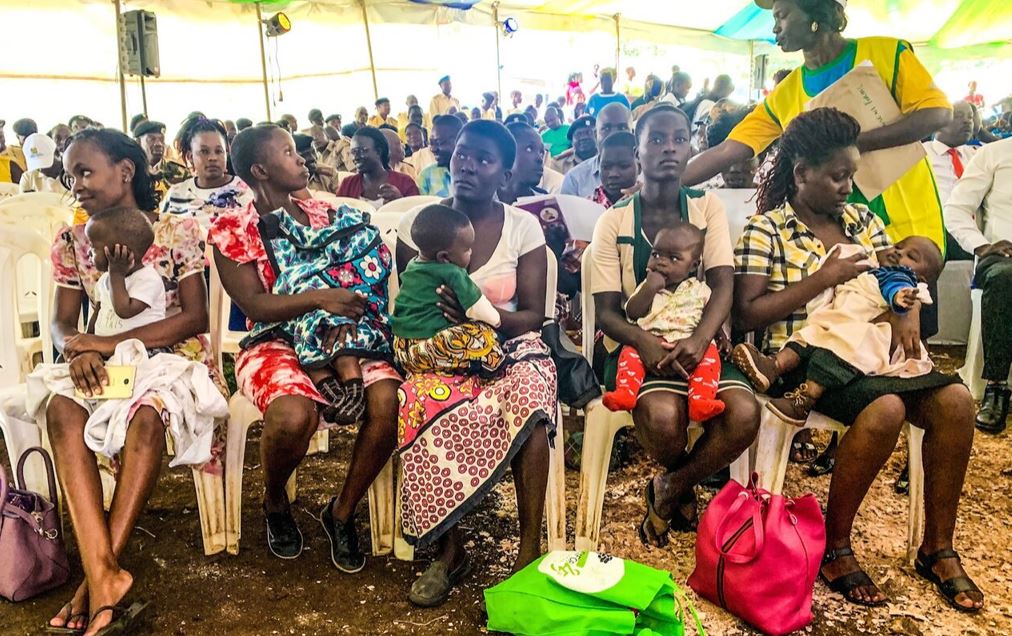 A past malaria vaccination drive in Kenya. (Photo: WHO)
A past malaria vaccination drive in Kenya. (Photo: WHO)
Charles emphasised that a 20 per cent reduction in malaria in the most affected African countries could contribute an additional $60 billion to their gross domestic product annually, while also improving health outcomes for pregnant women and young children.
Enhanced environmental hygiene
Philip Chigiya, secretary of the African Leaders Malaria Alliance Youth Advisory Council, notes that stopping the spread of disease-causing mosquitoes would require enhanced environmental hygiene, universal access to treated nets, and research into the mutation patterns of the insects.
He notes that investing in a climate-resilient future would help the continent mitigate the burden of infectious diseases such as malaria, dengue fever, cholera, and the Zika virus.
Observed annually on August 20, World Mosquito Day aims to raise awareness about the insect's anatomy and its ability to transmit fatal ailments to humans.
Krystal Mwesiga Birungi, field entomology coordinator for Target Malaria Uganda, a consortium based at the Uganda Virus Research Institute, warned that mosquitoes have gradually evolved, and a newly discovered invasive species in Africa is complicating efforts to control these insects.
Malaria is a life-threatening disease transmitted to humans by certain types of mosquitoes. It primarily affects tropical countries and is both preventable and curable. A parasite causes the infection and does not spread from person to person.
Symptoms can range from mild to severe. Mild symptoms include fever, chills, and headache, while severe symptoms may involve fatigue, confusion, seizures, and difficulty breathing. Infants, children under 5 years, pregnant women, travellers, and people with HIV or AIDS are at higher risk of severe infection.
Globally, in 2022, there were an estimated 249 million malaria cases and 608,000 malaria deaths across 85 countries. The WHO African Region bears a disproportionate share of the global malaria burden. In 2022, the Region accounted for 94 per cent of malaria cases (233 million) and 95 per cent (580,000) of malaria deaths. Children under 5 years made up about 80 per cent of all malaria deaths in the Region.
The World Health Organisation (WHO) highlights that the widespread and growing insecticide resistance poses a significant threat to effective malaria vector control. If insecticide resistance is not effectively addressed and managed, it could lead to a higher disease burden and potentially undo some of the considerable progress made in malaria control over the past decade.
Top Stories Today

